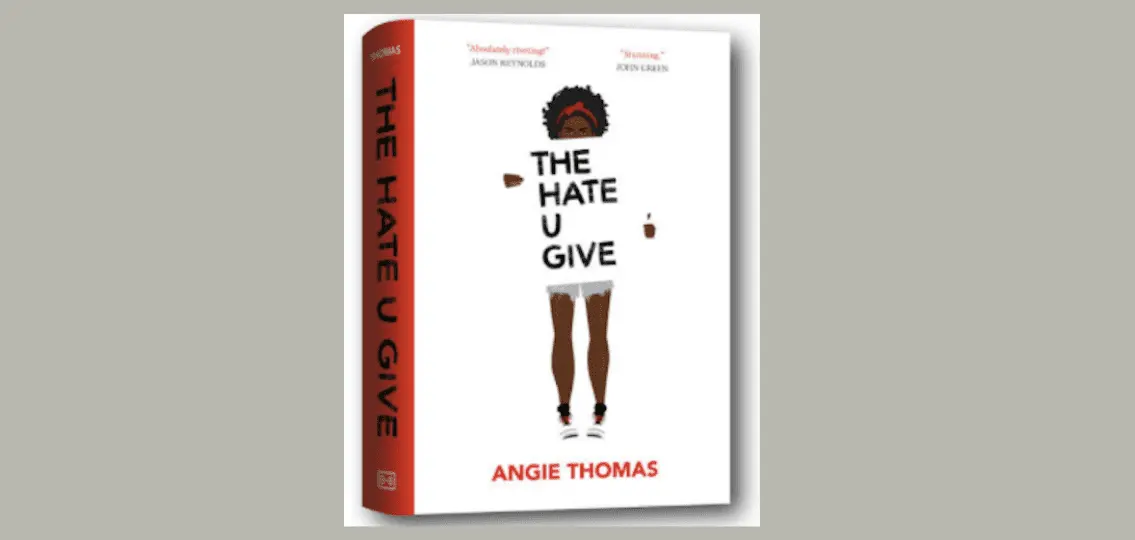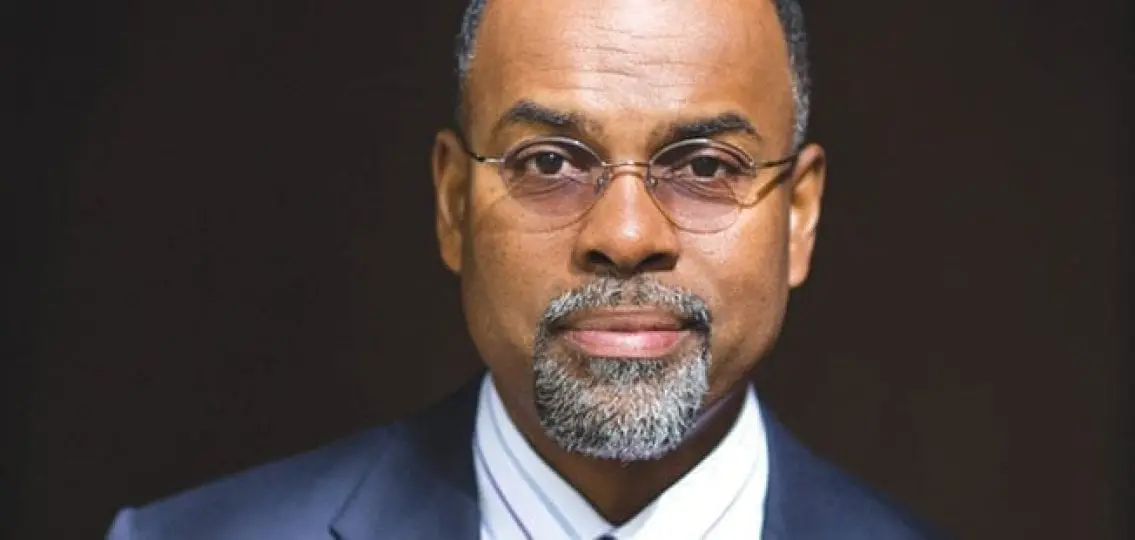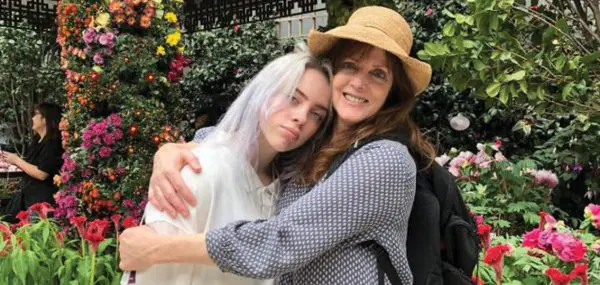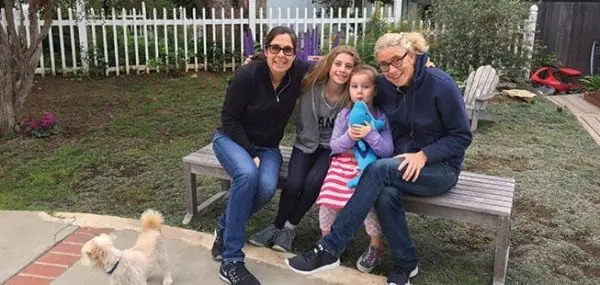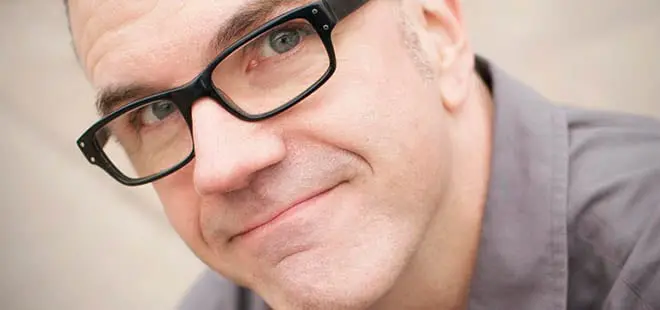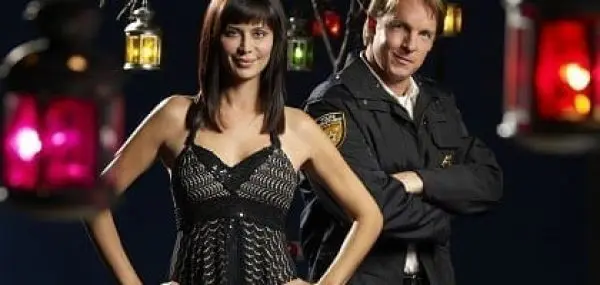Recent news of violence, protests, and controversies undeniably remind us that the United States is still grappling with race. From high-profile events to the mundane details of who sits at their lunch table, our teenagers are growing up in a period of extraordinary opportunity to dig into our country’s ongoing reckoning with its past—and its present. Your Teen spoke with Eddie S. Glaude Jr., chair of the Center for African American Studies at Princeton University and author of Democracy in Black: How Race Still Enslaves the American Soul.
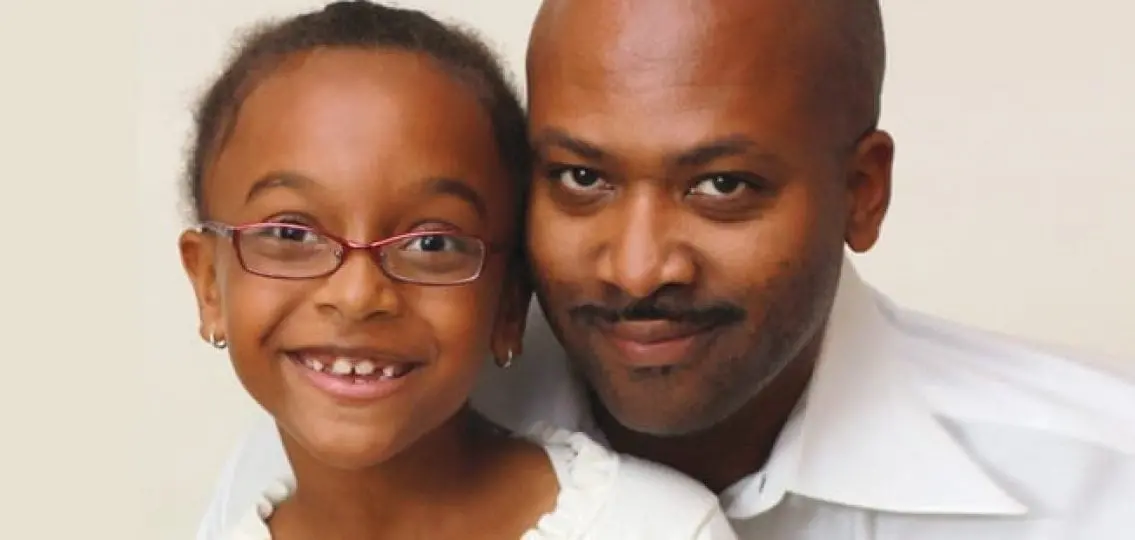
Q: What do you want to tell our readers about racism today?
Glaude: Be aware of inequalities that define our country and how those inequalities are rooted in our cultural practices. It’s not just about identifying bad people and good people; it’s about identifying the kinds of choices we make. And about recognizing the stereotypes that we hold about our fellow neighbors.
Q: How does paying attention lead to change in the system?
Glaude: If you believe that racial inequality is created by prejudiced people and behavior, then you’re just going to look for a loud racist as opposed to looking at particular issues, such as public education. Pay attention to how your schools are tracking the black and brown kids in different ways. Once you become aware of that, then mobilize other people to respond to that particular issue.
Q: How does this inequality portray itself in social settings?
Glaude: The lunchroom reflects how deeply segregated our society actually is. I think the data is that 70% of white social networks are all white. And the same thing happens with black folks. There are these social barriers that are evident in the way we organize our lives that lead us to these [cultural] barricades, so then we always have to translate for other people. It’s just exhausting, so I’m just going to eat my lunch where I don’t have to translate for folks.
Q: How do you think your son’s experience is different than your own?
Glaude: I grew up in a majority black town on the Gulf Coast of Mississippi to working class parents, and I went to an HBCU (historically black college/university). His life has been dramatically different from my journey. His godfather is [prominent black intellectual] Cornel West, and he’s grown up with books and academics all around him. He went to a private school and he’s attending Brown as an undergrad, so I think his world is much more integrated than mine. His formal education was much better than my own.
But at the same time, he’s had to imagine his own life in the context of a world where 12-year-olds can be killed by the police, and where student debt has surpassed credit card debt. He has extraordinary opportunities that I didn’t have, but he faces some challenges that I couldn’t match.
Q: Do you think that his generation is better poised to make change?
Glaude: His generation has no choice. They are the generation that came of age with a black family in the White House, and with the startling contradiction of the haunting ritual of black folks having to bury their children, family members, and friends. His generation will have no choice but to put everything on the line to save the country.
Q: Do you see change starting to happen?
Glaude: It’s everywhere. We saw it with Black Lives Matter and now with all the activism we’re witnessing across the country. Right now, we see grassroots organizing, people running for office, people really mobilizing to put forward a vision of a world we want to live in. I think my son’s generation will play a central role in that.
Q: Are there any learnings we can take away from the past election?
Glaude: One of the things that we do know is that young millennials voted for third parties. They voted for Green or Libertarian, so it gives you a sense of the political consciousness of the younger generation. And what is foundational to their view is the rejection of the status quo on both sides.
Q: Do you have a final thought?
Glaude: Something is on the horizon, and we have reason to be hopeful. Not optimistic, because there’s a distinction. Optimism says it’s all going to be all right in the end. Hope isn’t about a guarantee that good will make itself known; hope is rooted in what we do. That is, the world can be saved or it can go to hell; it all depends on us. There’s no guarantee. It’s what we do. It’s in our hands.
